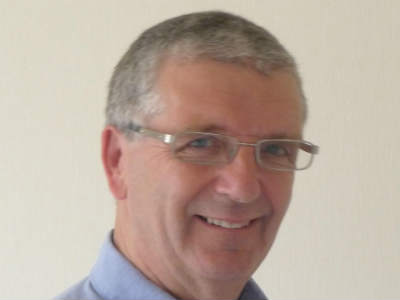
The College of Social Work’s Professional Assembly has urged the government to fill the “policy vacuum” created by the Department for Education (DfE) and Department of Health’s separate reviews of social work education.
In a statement the assembly said it was concerned by the conflicting recommendations on whether qualifying courses should become more specialised towards adult or children’s services made in Martin Narey’s and David Croisdale-Appleby’s reviews of social work education, which were carried out for the DfE and the Department of Health respectively.
In his review, Narey proposed greater specialisation within generic initial qualifying courses while Croisdale-Appleby backed maintaining the generic education.
The assembly said that there was clear consensus among its members that qualifying courses should remain generic as social workers need the skills to work with both adults and children.
It added that the government should published a single response to both reviews and do so urgently to end the uncertainty that has arisen following the publication of the two reviews.
“The college entirely agrees that changes should be made to promote high-quality, rigour and consistency in social work education, building on existing best practice and the reforms that are already being implemented,” said Bernard Walker, chair of the professional assembly.
“The Professional Assembly is concerned that the current uncertainty about the future of social work education is unsettling for those directly involved and particularly for students, higher education institutions and practice educators in agencies.
“We urge the government to publish a unified response to the education reviews as soon as possible to reduce this uncertainty and clarify the future strategy and approach to social work initial qualifying education.”


 A trauma-informed approach to social work: practice tips
A trauma-informed approach to social work: practice tips  Problem gambling: how to recognise the warning signs
Problem gambling: how to recognise the warning signs 




 Find out how to develop your emotional resilience with our free downloadable guide
Find out how to develop your emotional resilience with our free downloadable guide  Develop your social work career with Community Care’s Careers and Training Guide
Develop your social work career with Community Care’s Careers and Training Guide  ‘Dear Sajid Javid: please end the inappropriate detention of autistic people and those with learning disabilities’
‘Dear Sajid Javid: please end the inappropriate detention of autistic people and those with learning disabilities’ Ofsted calls for power to scrutinise children’s home groups
Ofsted calls for power to scrutinise children’s home groups Seven in eight commissioners paying below ‘minimum rate for home care’
Seven in eight commissioners paying below ‘minimum rate for home care’
 Facebook
Facebook X
X LinkedIn
LinkedIn Instagram
Instagram
Comments are closed.